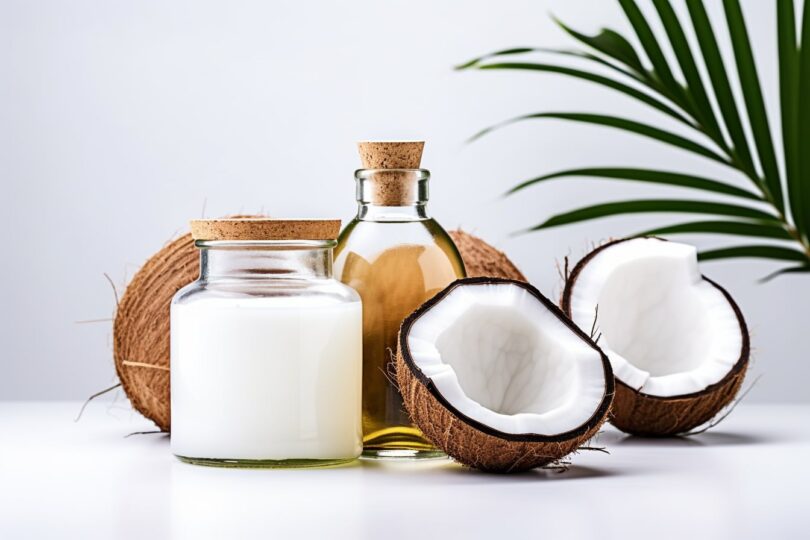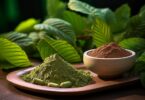Table of Contents
Introduction
In the realm of natural health and nutrition, few products have sparked as much interest and debate as coconut oil. Revered for its multifaceted benefits, coconut oil has emerged as a superfood, a skin savior, and even a heart health ally. But what exactly makes coconut oil such a wonder? Let’s dive into the science and stories behind this miraculous elixir of nature.
Coconut Oil Composition
What’s in coconut oil?
Coconut oil is predominantly composed of saturated fats, but don’t let that scare you. The majority of these are medium-chain triglycerides (MCTs), which the body metabolizes differently than long-chain triglycerides found in other types of fat.
Key components:
- Lauric Acid: This constitutes about 50% of coconut oil and is known for its antimicrobial properties.
- Capric Acid and Caprylic Acid: These acids are known for their antifungal and antibacterial properties.
Health Benefits of Coconut Oil
1. Boosts heart health.
Despite being high in saturated fat, coconut oil is heart-friendly. Coconut oil’s lauric acid can improve cholesterol levels by increasing good HDL cholesterol.
2. Enhances metabolism.
Coconut oil MCTs are absorbed quickly by the body and are more likely to be used as a quick source of energy. This aids in weight loss and metabolism enhancement.
3. Improves skin health.
Coconut oil is not just for consumption. When applied topically, it can work wonders for your skin, acting as a moisturizer, healer, and protector.
4. Promotes Brain Health.
Some studies suggest that coconut oil’s MCTs could benefit brain disorders, including epilepsy and Alzheimer’s disease.
Cooking in coconut oil
Why cook with coconut oil?
Coconut oil has a high smoke point, making it ideal for cooking. It adds a subtle, sweet flavor and is suitable for baking, frying, and sautéing.
Creative Ways to Use Coconut Oil in the Kitchen:
- Baking: Substitute butter for coconut oil for a healthy twist.
- Smoothies: Add a spoonful for a silky texture and an energy boost.
- Coffee: Blend in coconut oil for a creamy and energizing morning drink.
Coconut oil for Skin and Hair Care
1. Natural moisturizer.
Use it as a body lotion or face cream for naturally moisturized skin.
2. Hair care.
Coconut oil is a deep conditioning treatment to tame frizz.
3. Makeup remover.
It’s gentle on the skin and effective at removing makeup.
The Debate: Is Coconut Oil Truly Beneficial?
Pros:
- Natural Composition: It’s a natural product with minimal processing.
- Versatile Uses: From cooking to skincare, coconut oil’s uses are diverse.
Cons:
- High in Saturated Fat: Some health experts argue that high consumption of saturated fats can lead to health issues.
Conclusion
Coconut oil, with its unique composition and myriad benefits, continues to be a topic of discussion among health enthusiasts and professionals. Whether it’s for cooking, health, or beauty, coconut oil has proven its versatility and effectiveness. As with any superfood, moderation is key. Integrating coconut oil into a balanced lifestyle can unlock its potential benefits, making it a truly miraculous elixir of nature.
In the end, the journey of exploring coconut oil benefits is not just about understanding its components but also about experiencing its impact on our lives. Whether you’re a long-time fan or a skeptical newcomer, there’s no denying the allure and intrigue coconut oil brings to natural health.
If you have a news tip, correction or comment, let us know at: [email protected]







